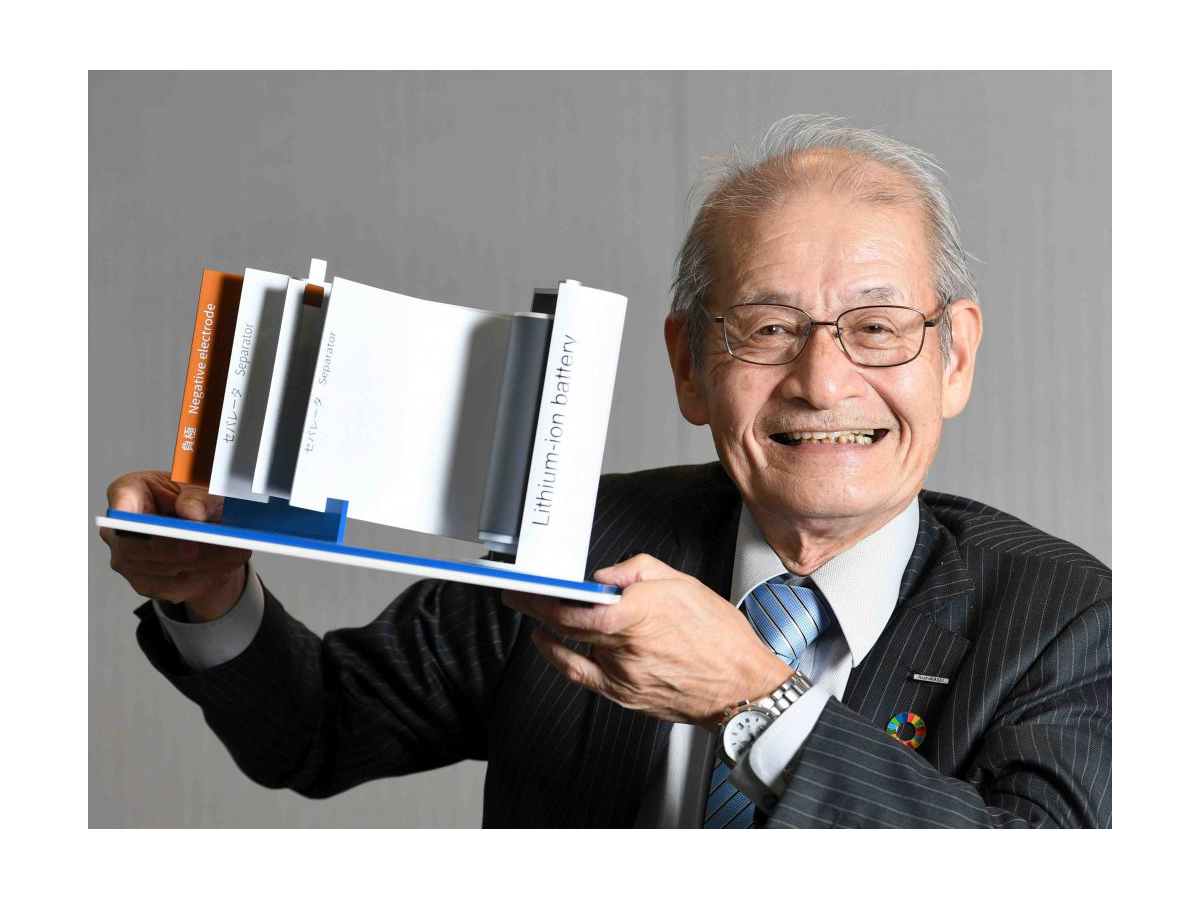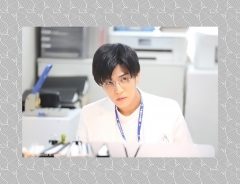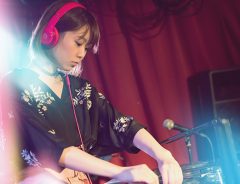
Source: © JAPAN Forward
INTERVIEW | Nobel Laureate Akira Yoshino on Setting Up Young Scientists for Success
- Source:
- © JAPAN Forward
- Tags:
- Akira Yoshino / Interview / lithium-ion battery / Nobel laureate / Nobel prize / scientist
Related Article
-

Juri Ueno exclusive interview Fall 2020 from “Asagao – Forensic Doctor 2”
-

TAKANORI IWATA Exclusive Interview Fall 2019 “SHERLOCK : UNTOLD STORIES”
-

Interview with The Anime Man: On Voice Acting in Pop Team Epic and More
-

Interview With Touko Nakamura, Japan’s Cutest Anime Song DJ [Video]
-

Interview With Hugtto! Precure Producer Keisuke Naito: Part 1
-

The Meaning Behind The Matrix Code Is Finally Revealed


By JAPAN Forward
On Tuesday, December 10, Japanese scientist Akira Yoshino will receive his 2019 Nobel Prize in Chemistry in a ceremony in Stockholm, Sweden, but he sat down with The Sankei Shimbun before he left to talk about global warming and the lithium battery, which he had developed.
The 71-year-old Nobel Laureate, an honorary fellow with chemical company Asahi Kasei Corp., emphasized that human beings “can absolutely surmount problems of global warming,” by making use of lithium-ion batteries to boost the performance of electric vehicles, for example.
He noted that we are now “on the eve of the Fourth Industrial Revolution” and, referring to the potential achievements of coming generations, underlined the importance of “accumulating experience while anticipating what you hope for the future.”
Excerpts from the interview are below.
You came from an industry background to win the Nobel Prize.
The roots of the research of lithium-ion batteries dates back to studies by such Japanese scholars as Kenichi Fukui, who was awarded the Nobel Prize in 1981, and Hideki Shirakawa, who received the prize 19 years later for the discovery of polyacetylene. Another 19 years later, I received the Nobel Prize. This demonstrates that the universities have successfully handed advancements in knowledge over to the industrial world. It will be interesting to see whether academia-industry collaboration can result in society’s incorporation of lithium-ion batteries in new ways, bringing the award of another Nobel Prize again in, say, another 19 years from now, I suppose.
What would you say is needed for outstanding research and development?
You need to be able to set goals as if it’s a marathon. Although it’s difficult to do, what is important is to be able to anticipate what will be needed 10 or 15 years from now. Then you calculate what experience and expertise, and what research, is necessary to get there. What is of utmost importance is to have confidence in yourself. Then, you can overcome the hurdles you will undoubtedly encounter.
Photo by Yasuo Naito | © JAPAN Forward
Although previously there weren’t any good examples of academia-industry collaboration, the lithium-ion battery research has established a suitable precedent, I believe. Now that the Nobel Prize is within reach of researchers working in industry, I hope to see young people following suit.
What can Japan do to accelerate technological innovation and ramp up competitiveness?
Even though Japan’s domestic manufacturing industries, such as those for smartphones and computers, have been on the wane, the upstream industries that manufacture core parts and materials for those gadgets have been growing soundly. If Japanese downstream firms emerge that are capable of leading the world while linking with upstream industries, with prowess equivalent to the GAFA and other U.S. IT powerhouses, then Japan’s international competitiveness will certainly become immensely powerful. To that end, we need to nurture venture firms in Japan.
Written by Japan ForwardThe continuation of this article can be read on the "Japan Forward" site.
INTERVIEW | Nobel Laureate Akira Yoshino on Setting Up Young Scientists for Success